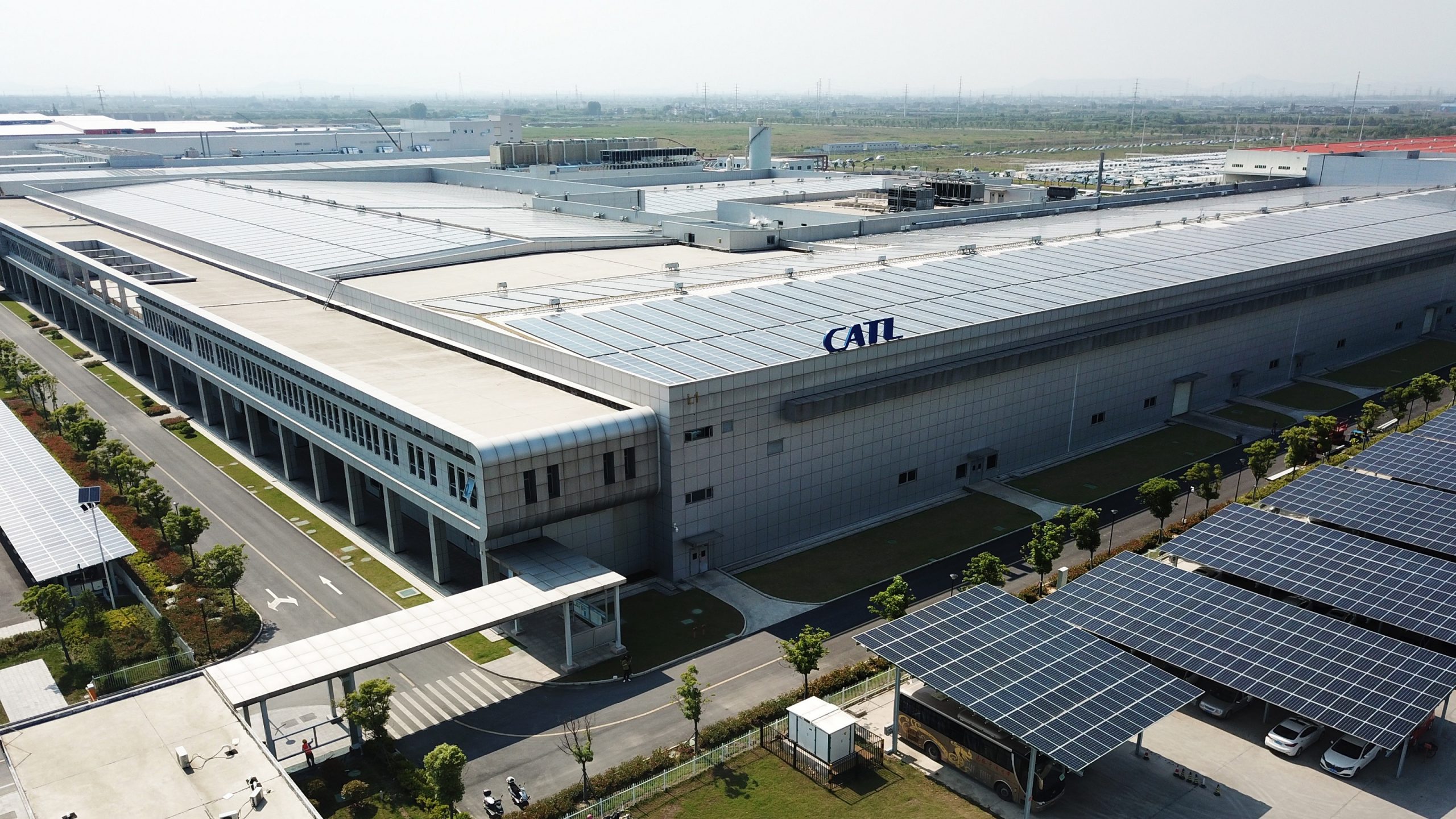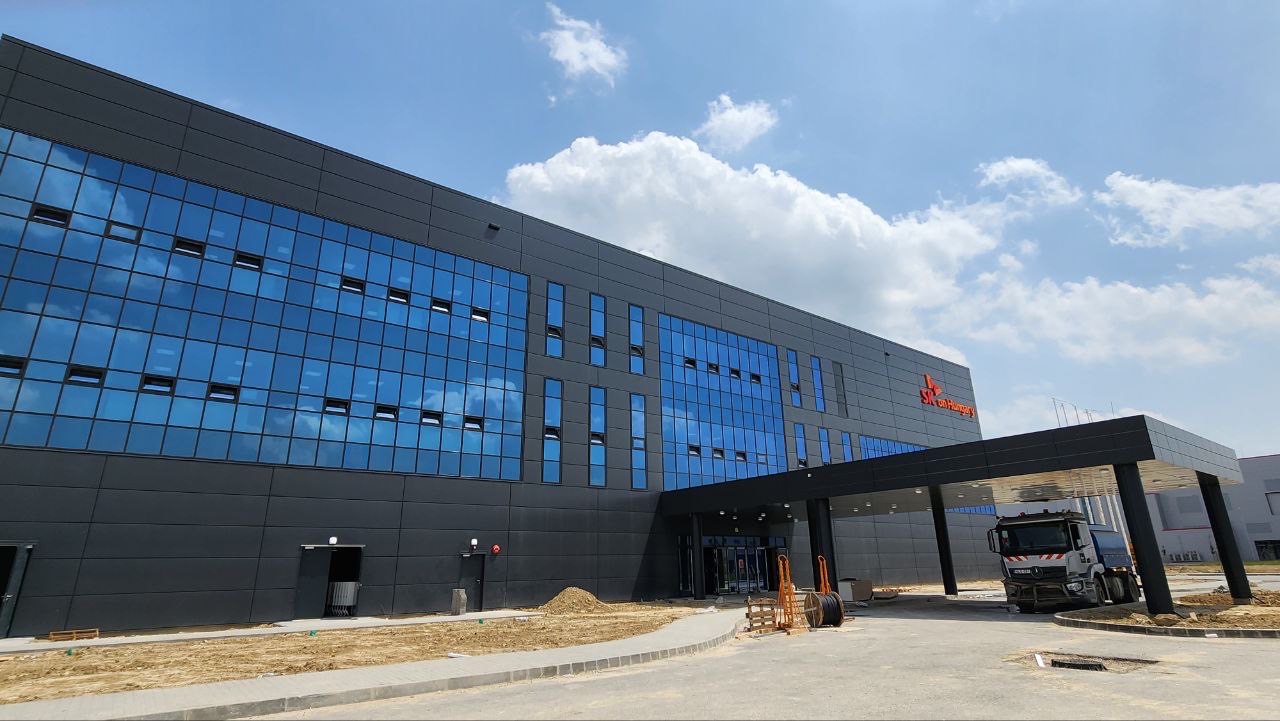Battery production is currently an activity subject to prior assessment under the relevant government regulation.Continue reading

A battery factory in Hungary pays HUF 830,000 (EUR 2,085) for manual labor, while white collar workers earn an average of HUF 1,200,000 (EUR 3,014), writes Index. István Joó, CEO of Hungarian Investment Promotion Agency (HIPA), says that there is a difference of HUF 300,000 (EUR 753) in favor of battery factories compared to other employers in the manufacturing sector.
“If you look at the figures, you can see that a battery factory produces three times as much added value in an hour as the average in the manufacturing sector,” noted István Joó. He emphasized that at the end of the day, the most important thing is for people to earn a good living, therefore he revealed what kind of salary workers in Hungarian battery factories receive:
A battery factory pays HUF 830,000 for manual labor, compared with an average of HUF 530,000 elsewhere.
In addition, for white collar work in a battery factory, the average salary is HUF 1,200,000, while the average in other manufacturing sectors is lower, around HUF 900,000 (EUR 2,261).
The HIPA CEO’s figures therefore show a difference of HUF 300,000 in favor of battery companies.
By way of comparison, according to the Hungarian Central Statistical Office (KSH), the average gross wage in May was HUF 652,000 (EUR 1,637), while the net wage, including discounts, was HUF 448,700 (EUR 1,127).
SK On Hungary, which has three battery factories in Komárom (northern Hungary) and Iváncsa (central Hungary), advertises several different jobs on its website:

SK On Hungary’s plant in Iváncsa. Photo via Facebook/SK on Hungary
Meanwhile, China’s CATL, based in Debrecen (eastern Hungary), has 13 pages of listings of the kind of staff it needs.
As reported by Világgazdaság, Hungary is the world’s fourth largest battery producer, but the government’s stated goal is to eventually become the second largest.
The total value of investments in the whole value chain is around HUF 8,000 billion (EUR 20 billion), and battery production could bring another HUF 6,300 billion (EUR 15.8 billion) of development to Hungary.
However, there is currently a global slowdown in demand for electric cars, which has led to a drop in orders for the aforementioned SK On Hungary, resulting in the termination of all temporary contracts of its workers by the South Korean company.
Via Index, Világgazdaság; Featured image via Twitter/CATL